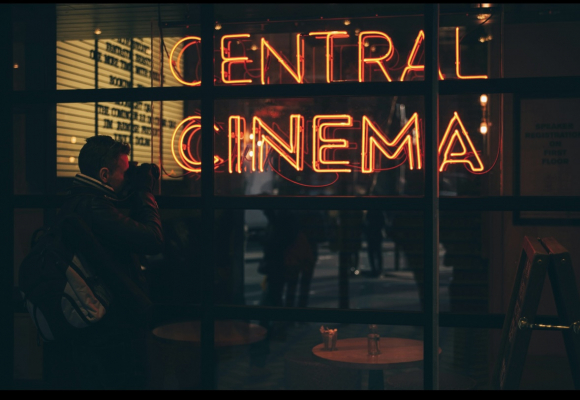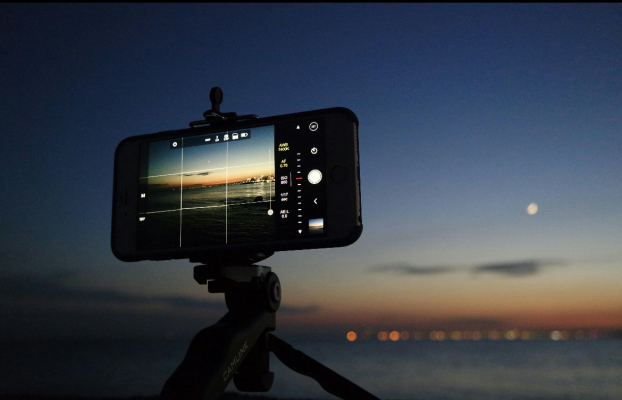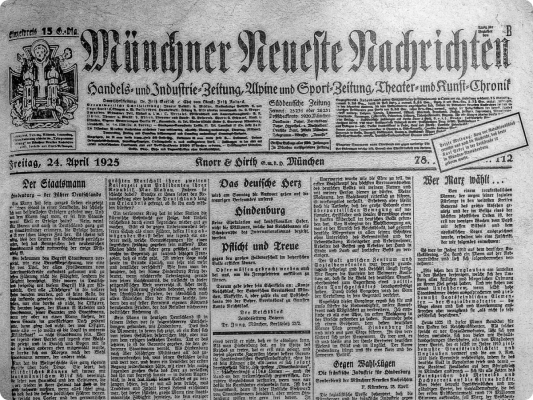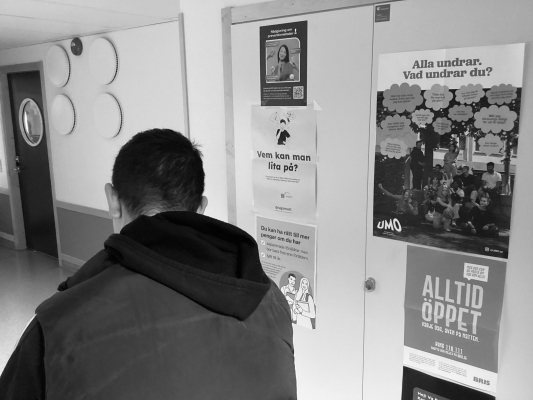Are you really not watching "all of that"?
By COLEGIUL NAțIONAL PEDAGOGIC, MIRCEA SCARLAT
Published 2025-09-30 14:45
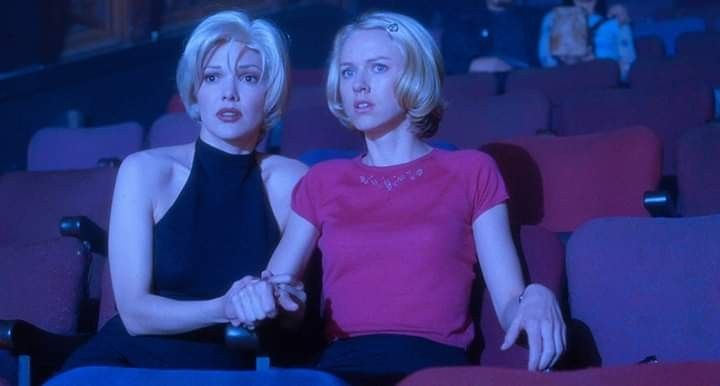
In a world where smartphones are omnipresent and notifications are relentless, the art of sitting through a full-length movie is becoming a lost tradition. As our attention spans continue to shrink, largely due to the constant interruptions from our phones, many people today struggle to appreciate the depth and nuance of well-crafted films. This shift in viewing habits is not just a passing trend—it's fundamentally altering our relationship with cinema.
The rise of smartphones and social media has made it difficult for many to stay focused for extended periods. Scrolling through endless feeds, watching short clips, and receiving constant notifications have conditioned us to expect quick bursts of entertainment. As a result, the slow, deliberate pacing of many classic and contemporary films feels foreign, even tedious, to modern audiences. This inability to sustain attention for the duration of a movie means that many people are missing out on the richness that a full-length film can offer.
Take, for example, my own circle of friends. Despite my enthusiasm for sharing the cinematic gems I've discovered over the years, they often dismiss my recommendations outright. Classics like "The Godfather" or "Schindler's List," or even modern masterpieces like "Mulholland Drive" and "Parasite," are deemed too long or boring. Their reluctance to give these movies a chance reflects a broader societal trend: the prioritization of convenience and immediacy over depth and substance.
This trend has significant implications for the film industry and culture at large. Directors and producers are increasingly pressured to cater to shorter attention spans, leading to a rise in quick-paced, high-action films that prioritize spectacle over storytelling. While there's nothing wrong with enjoying a blockbuster now and then, the dominance of such films means that more nuanced, slower-paced movies may struggle to find an audience.
The problem extends beyond just film; it's indicative of a broader cultural shift towards a fragmented, surface-level consumption of media. This shift affects not only how we watch movies but also how we engage with books, music, and even conversations. The constant need for stimulation and the avoidance of anything that requires prolonged focus can erode our ability to appreciate complex narratives and ideas.
To combat this, we must make a conscious effort to disconnect from our phones and give movies the undivided attention they deserve. Reclaiming the joy of watching a film from start to finish without distractions can be a deeply rewarding experience. It allows us to immerse ourselves fully in the story, to appreciate the artistry of filmmaking, and to connect with the emotional journeys of the characters.
In a world where our attention is constantly being pulled in multiple directions, making time for a good movie can be a form of resistance. It's a way to reclaim our focus, to slow down, and to truly engage with the art of cinema. By doing so, we might just rediscover the magic of movies and the profound impact they can have on our lives.
Writers
|
16 Dec Pupil |
|
13 Dec Pupil |
|
13 Oct Pupil |
|
13 Oct Pupil |
|
30 Sep Pupil |
|
30 Sep Pupil |
|
25 Jun Pupil |
|
16 Jun Pupil |
|
10 Jun Pupil |
|
10 Jun Pupil |
|
06 Jun Pupil |
|
06 Jun Pupil |
|
06 Jun Pupil |
|
05 Jun Pupil |
|
31 May Pupil |
|
28 May Pupil |
|
28 May Pupil |
|
25 Apr Pupil |
|
25 Apr Pupil |
|
25 Apr Pupil |
|
25 Apr Pupil |
|
25 Apr Pupil |
|
25 Apr Pupil |
|
11 Apr Pupil |
|
08 Apr Pupil |
|
17 Feb Pupil |
|
17 Feb Pupil |
|
17 Feb Pupil |
|
17 Feb Pupil |
|
31 Jan Pupil |
|
19 Feb Pupil |
|
16 Dec Pupil |
|
13 Dec Pupil |
|
13 Oct Pupil |
|
13 Oct Pupil |
|
31 May Pupil |
|
28 May Pupil |
|
28 May Pupil |
|
25 Apr Pupil |
|
25 Apr Pupil |
|
25 Apr Pupil |
|
25 Apr Pupil |
|
25 Apr Pupil |





